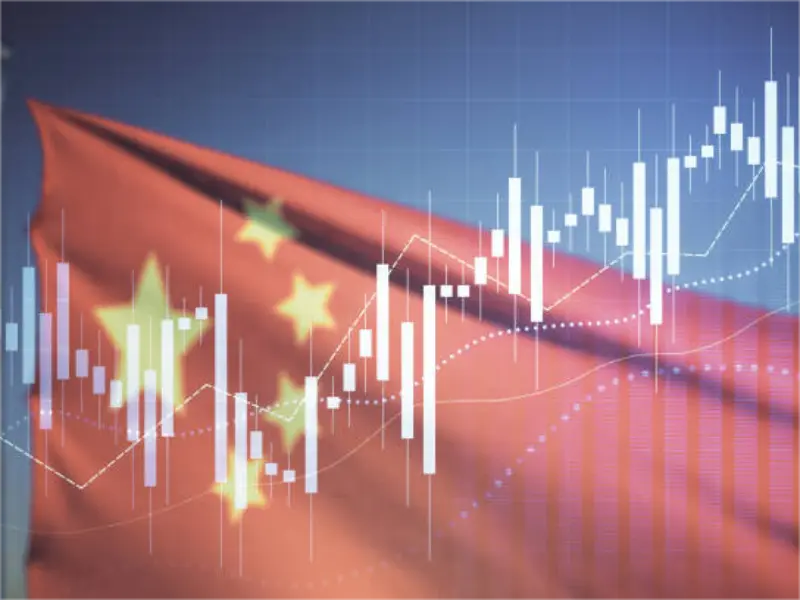- The CAC relaxed some of its strict tech regulations, a policy reversal that triggered a massive sell-off in Chinese tech stocks.
- Amid operational challenges from strict data policies, the CAC’s adjustments aimed to balance economic growth with national security.
OUR TAKE
The Cyberspace Administration of China (CAC) has recently relaxed some of its stringent regulatory measures, reversing actions that had previously wiped a significant $1 trillion off the market value of Chinese tech stocks. This shift in policy follows aggressive actions taken in 2021, most notably the forced delisting of Didi Global from US stock exchanges. The CAC’s reconsideration of its rules came after it introduced strict data transfer regulations in late 2022, which caused operational chaos for companies both inside and outside China. These changes reflect the CAC’s struggle to balance Xi Jinping’s goals of strengthening national security while promoting economic growth.
—Heidi Luo, BTW reporter
What happened
The Cyberspace Administration of China (CAC) recently scaled back some of its harshest regulatory measures, following significant market disruptions that wiped $1 trillion off the value of Chinese tech stocks.
The reversal marks a major shift from the aggressive policies implemented by the CAC in 2021, which included forcing Didi Global to delist from US stock exchanges, a move that exacerbated the sell-off in the tech sector.
These policy adjustments followed the CAC’s introduction of restrictive data transfer rules in late 2022, which led to prolonged uncertainty and operational difficulties for companies in China and abroad. The abrupt regulatory changes required companies to navigate a complicated back-and-forth with the CAC, which had a significant impact on how they managed reservations, HR systems and other data-driven operations.
Also read: China Unveils Stricter Regulations for AI Training Data
Also read: ‘Awe and apprehension’ as China Internet Conference 2024 opens in Beijing
Why it’s important
The CAC operates differently from other regulatory bodies, such as those that oversee securities and banking, because it reports directly to the Communist Party rather than the State Council or Cabinet. This structure contributes to the CAC’s opacity, as it does not routinely share details of its internal meetings or disclose its budget.
The current director of the CAC, Zhuang Rongwen, who is also deputy head of the Communist Party’s powerful propaganda department, has kept a low profile during his tenure. Under his leadership, there has been a reported increase in the detection and reporting of “illegal and harmful” content, including violent, pornographic and politically sensitive information, according to Bloomberg.
The CAC’s influence is crucial not only for China, but for the global technology landscape. As it navigates Xi Jinping’s dual goals of ensuring national security and promoting economic growth, China’s regulatory environment remains a critical concern for global investors and companies.
“This is a little bit of a rebalancing act, against the overall trend of tightening in recent years, CAC is still very much concerned about national security and could become more hawkish when the economy improves, or when geopolitical tensions heighten,” said Xiaomeng Lu, director of the geo-technology practice at Eurasia Group.

